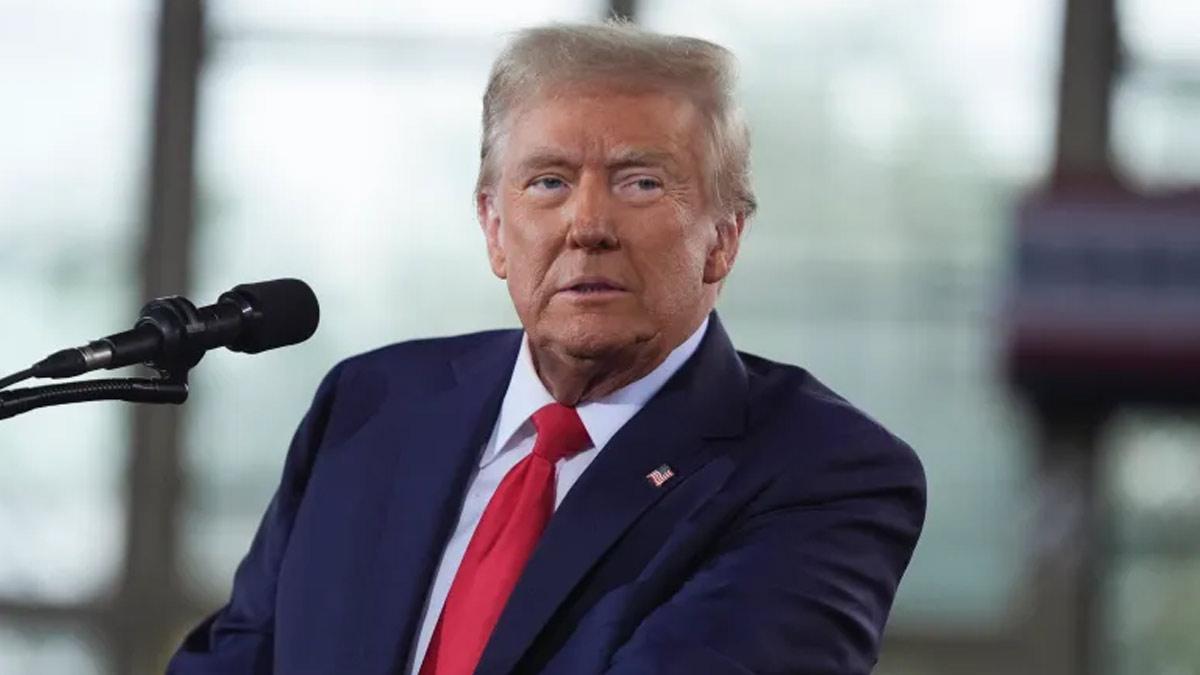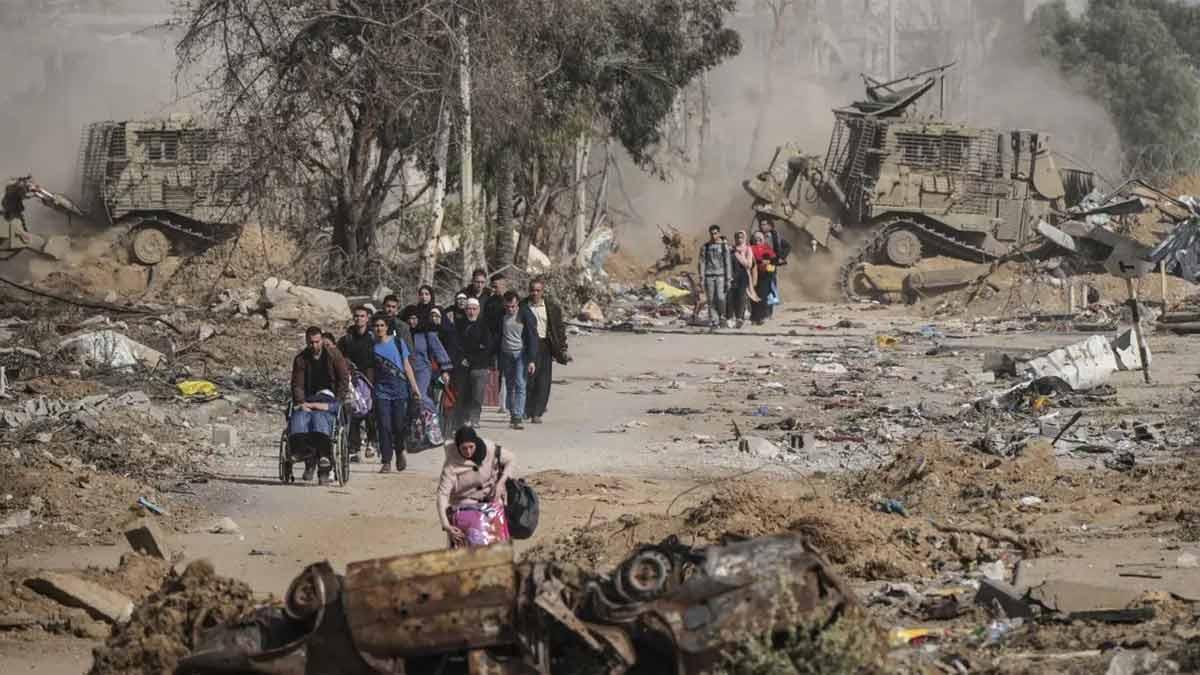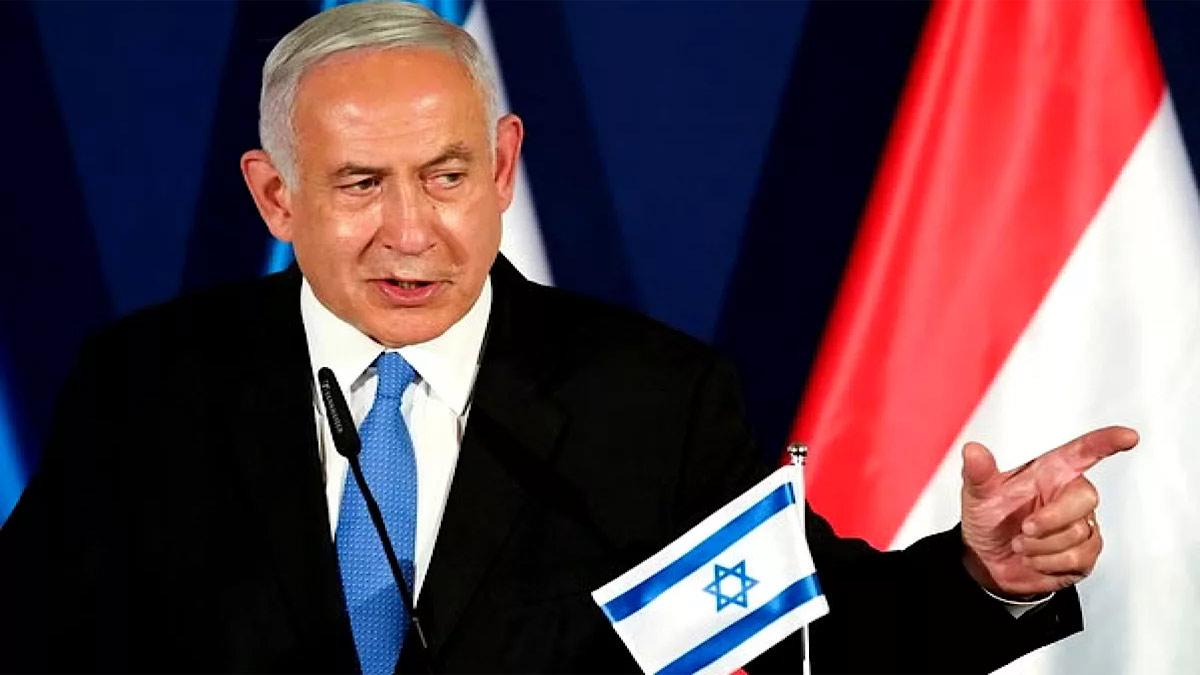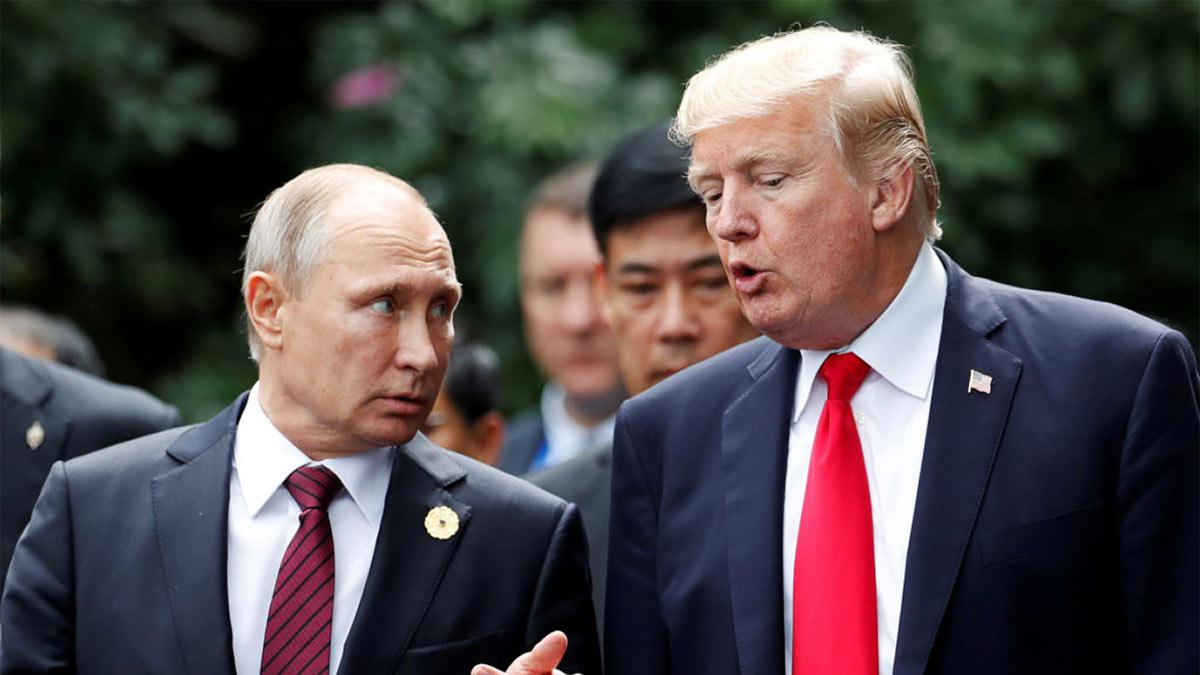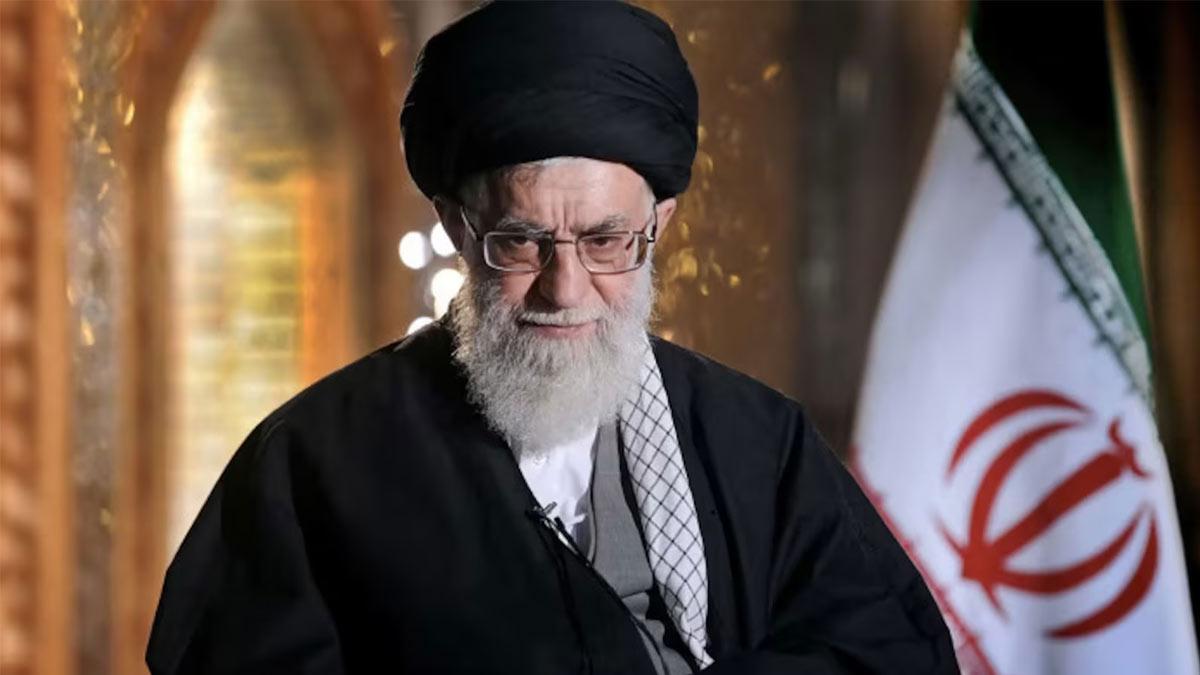The US government confirmed that it is using "every tool in our tool chest" to fully vet those coming into the country, including foreign students, as reports indicate the Trump administration has ordered its embassies and consular posts across the world to suspend scheduling new student visa interviews. The action comes as officials weigh instituting social media screening of all arriving students.
As Politico reported, "The Trump administration is considering mandating that all foreign students who want to study in the United States be social media vetted."
The report continued, "In anticipation of such mandatory vetting, the administration is instructing US embassies and consular offices to suspend scheduling new interviews for such student visa candidates."
When asked about these potential new requirements during a State Department briefing on Tuesday, spokesperson Tammy Bruce responded cautiously: “Well, if you’re discussing that, that’s something that has not been discussed publicly. It would have to be leaked material if it exists. What I can remind everyone of, which we've talked about for months here, is that we utilize every tool in our tool box to screen anyone coming in who wishes to come into this nation, and to get access to our country must apply for a visa.
She underlined that it is normal for any state that is sovereign to be aware of the identity, purpose, and history of individuals who intend to enter: "So we – every sovereign country has a right to know who is trying to come in, why they want to come in, who they are, what they've been doing, and at least hopefully within that framework, determine what they will be doing while they're here.". That's nothing new, and we're going to keep applying all the tools we have available to determine who it is that's arriving here, whether or not they're students.
The Politico report quoted a "cable" of May 27, signed by Secretary of State Marco Rubio, that directed consular sections that "effective immediately, in anticipation of a surge of mandatory social media screening and vetting, consular sections should not add any additional student or exchange visitor (F, M, and J) visa appointment capacity until further guidance is issued septel," the latter meaning "separate telegram.
Bruce refused to comment on specific visa cases or the reasons behind decisions on individual applicants but repeated the seriousness the administration puts into vetting: "We do know, though, that we take very seriously the process of vetting who it is that comes into the country, and we're going to continue to do that. We're going to continue to vet, and we continue to have an interest.". And again, whether you're a student or a tourist who needs a visa, or whoever you are, we’re going to be looking at you.”
She went on to say that it should not be controversial to do this: "Every country should take seriously – and does – who's coming in. So if you're going to be applying for a visa, go through the normal process, the normal steps. Expect to be examined, and we go on from there."
When asked if these steps would delay the processing of visas, Bruce responded: "I can't speak to their individual experiences.". We've always screened individuals attempting to come in. We've always taken visas seriously. That's why we have a visa, so that you can stop and consider the individual. So I can't comment on what the individual experience will be, but the reality is that everybody understands that we're – it's a reminder, for sure, that we're taking it seriously.
Bruce emphasized the administration's objective as set by President Trump and Secretary Rubio: "It is a goal. to make sure that people who are here are here and understand what the law is, that they don't have any criminal intent, they are going to be contributors to the experience here, whether – however short or long their stay is.". So the information of which I won't disclose, but it will hopefully meet our understanding of who should visit this nation and who should not.
Ajay Bhutoria, a past member of the President's Advisory Commission on Asian Americans, Native Hawaiians, and Pacific Islanders, was concerned about the decision to suspend new student visa appointments for more stringent social media screening in a statement to PTI, especially Indian students who intend to start classes in Fall 2025.
While I agree with stringent vetting for security, this suspension has the potential to cause serious backlogs, endangering the academic aspirations of thousands of Indian students," he said.
Bhutoria brought to focus the financial importance of Indian students whose remittances of USD 43.8 billion helped the US economy in 2024, as more than 270,000 students were present. He further referred to a 38% drop in F-1 visas given to Indians in January to September 2024, along with appointment shortages since mid-March 2025, which strained this crucial educational exchange.
"Such delays may compel students to postpone admissions, incur financial losses, and suffer emotional distress," he cautioned. Bhutoria requested the State Department to "prioritize" processing of student visas by providing additional consular resources, expediting Fall 2025 visa appointments, and clarity on the vetting process.
He also requested Congress to call for transparency on the scope and extent of the pause, underscoring the need to preserve the US's reputation as a world education leader.
The latest developments follow closely after the Trump administration ordered the Department of Homeland Security to strip Harvard University of its Student and Exchange Visitor Program (SEVP) certification. The move implies that Harvard is no longer able to admit new international students, while current foreign students have to change schools or lose their legal status.
The Department of Homeland Security charged Harvard leadership with creating "an unsafe campus environment by allowing anti-American, pro-terror agitators to harass and physically attack individuals, including numerous Jewish students, and otherwise impede its once-noble learning environment.
Politico reported that previous social media screening procedures mostly focused on returning students who were involved in demonstrations against Israel's activities in Gaza. The administration has increased enforcement since then against students who have been involved in pro-Palestine campus protests, revoking visas and deporting some of them.
Read also| Trump Declares Battle With Harvard, Warns of Funding Threats
Read also| Donald Trump on Tariffs: ‘We’re Focused on Making Tanks, Not T-Shirts’

